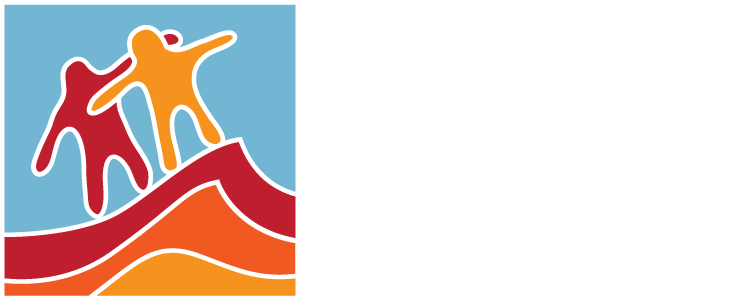The MHACA Group Activities program is a community based program which aims to improve the quality of life for individuals with mental illness by offering structured and socially based activities. Group activities also provide an opportunity for participants to develop personally and professionally as Peers.
Download the June Group Activities Calendar
To participate in MHACA group activities you must have a diagnosed mental health condition. Call 08 89504600 or email info@mhaca.org.au to inquire about group activities or an intake interview, or access the referral form here
In addition to structured activities, a Drop-in Centre is open Monday 8.30am – 1.30pm, Tuesday – Friday from 8.30am to 3.00pm. Drop-in includes a welcoming space where people can come and work on their recovery in a variety of ways. The program provides a comfy lounge area, kitchen facilities, and computers with internet access, an assortment of activities such as board games, library, DVD’s and music, art/craft and physical activities, as well as laundry and bathroom facilities.

